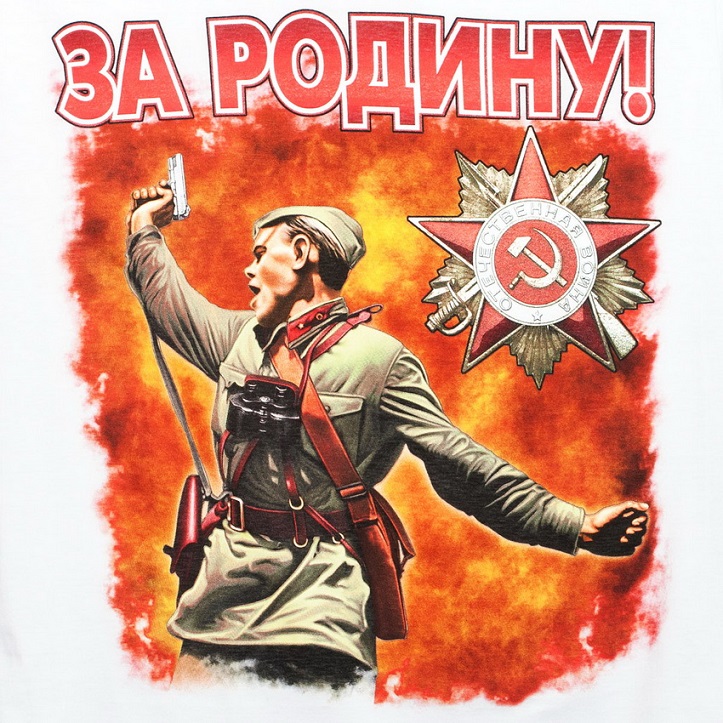How to write an essay on the Great Patriotic War, examples
Contents
- An example of an essay about the Great Patriotic War is Victory Day
- An example of an essay about the Great Patriotic War - why did the war begin?
- An example of an essay is a turning point in the Great Patriotic War: Battle of Stalingrad
- How to write an essay about the war?
- Video: Children talk about war
Writing an essay on the Great Patriotic War is a task that students are often given in the lessons of the Russian language and literature. We are sure that for each student this topic is familiar, but writing about the war is really difficult. Therefore, we offer several examples of works about the fate of our people during the Second World War. Perhaps several of our thoughts will be close to you and you use them in your essay.
An example of an essay about the Great Patriotic War is Victory Day
An example of an essay on the theme of the Great Patriotic War - Victory Day
I believe that our ancestors put a deep meaning into the word "victory". Victory is what begins “after trouble” and the word does not mean an achievement, not a triumph, but the end of tragic events.
City residents during the years of fascist occupation sometimes suffered no less than those who fought on the fronts. In cities and villages, a typhoid was Bushev, a deadly dangerous infectious disease that has pumped out entire families. The rash typhus was transferred to the plane lice, and the abdominal typhoid could be infected through drinking or food. It was scary for civilians to take water from wells and go to the places of people's accumulation.
By the way, with the advent of the Nazis, there were practically no institutions that could visit the locals. At pharmacies, hairdressers and shops, the inscriptions “only for the Germans” hung everywhere, and foods were exchanged by the townspeople from the villagers in the markets. Residents of cities were forced to work for the invaders, but the salary was such that for the monthly pay, only one loaf of bread could be bought. Swift pancakes, green borscht from nettles and chestnut bread, very bitter to taste - all these are dishes from the diet of residents of Minsk and Kyiv captured by the Germans. Some parents gave their children to orphanages, because there they gave them at least some food.
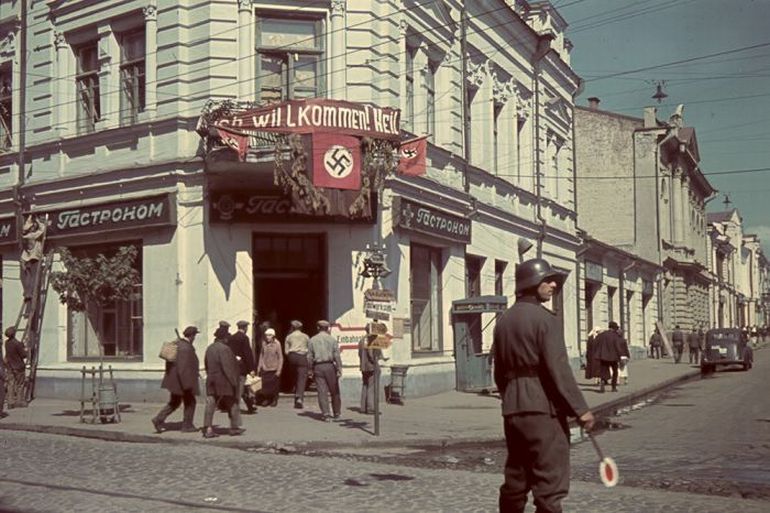
Children and adolescents were simply caught on the street during raids, they were sent to labor camps, and those who did not want to work were sent to a concentration camp. Most schools closed, with the advent of the Nazis in them there were neither furniture nor textbooks. Then, in 1943-1944, when the eastern Soviet cities were already liberated, an action was organized: children from all over the Soviet Union themselves gathered pencils, notebooks, textbooks and sent them to the kids who lived in cities that suffered from fascist occupation.
In terrible household conditions, hunger of fear and illnesses, only faith helped to survive that all this would certainly end. And that long -awaited victory 1945 was a great joy for everyone. Now Victory Day is a bright holiday: children go with balloons, enjoy life, ride carousels, adults visit concerts, listen to the songs of past years, overturn the glass of “bitter” and talk about the war.
The victory was the same incredibly bright in May 1945. When the Soviet troops returned home, their path lay through Eastern Europe, civilians left their houses, set the tables near the road, treated and greeted their liberators. These people, sometimes, did not even know the Russian language, but the collapsed trouble and the long -awaited victory were common to everyone.
Video: Monument "Alyosha" in Bulgaria
An example of an essay about the Great Patriotic War - why did the war begin?
An example of an essay on the theme of the Great Patriotic War - why did the war begin?
The war cannot be realized, it is beyond the line of consciousness of a mentally healthy person. What did the pilots of German bombers think about, who in the morning of June 22 dropped bombs on Kyiv and Sevastopol? What did the Auschwitz captives feel, who led others to the prisoners to gas chambers, and then transferred their dead bodies to the crematorium? How did the German soldier, holding the blockade of the hungry in the winter of 1942, did he consider them people, did he consider them people?
The Great Patriotic War did not start with a volley of guns, but with changes in the minds of people. Before the start of World War II, the Germans really lived hard, the country was comprehended by a severe economic crisis. And at this time Hitler entered the political arena, claiming that Jews were guilty of all troubles. Jews and other peoples that are not related to the "Aryan race" were declared second -grade people. The ideas of the Nazis found enormous support in German society, because it is so nice to assume that your people are better than the rest and blame for all the troubles of someone else.
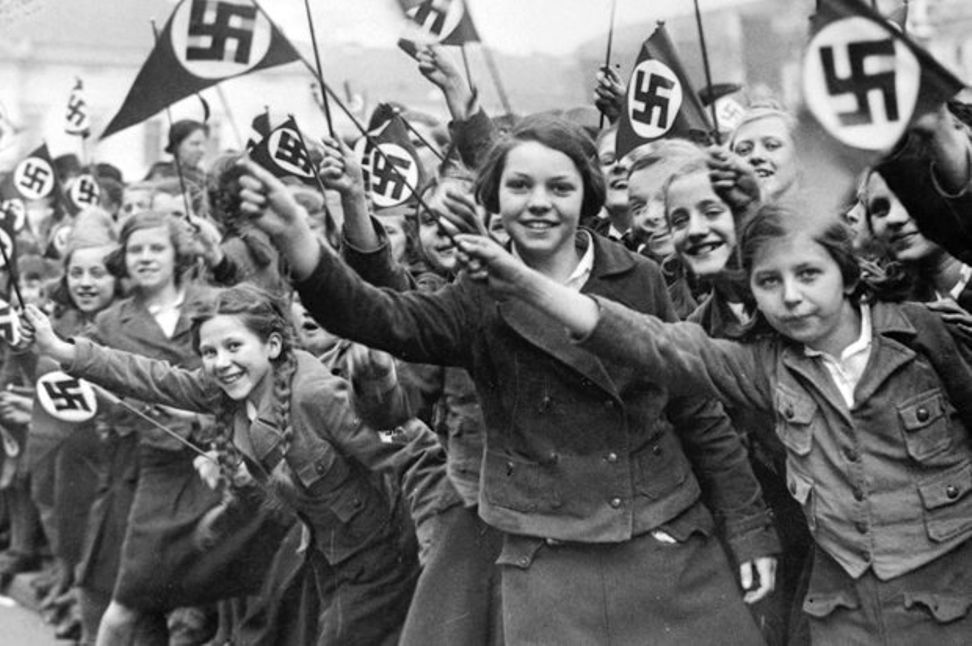
The Nazis quickly won almost all of Europe. But they could not defeat the Soviet Union. What the Russian soldiers and ordinary civilians did also went beyond the usual human understanding. The Germans were simply afraid of Russian soldiers who could go to their artillery guns with bare hands. Peaceful inhabitants hid in their houses the wounded fighters knowing that the Nazis could shoot them for this, and they were shot, sometimes whole villages.
Now you can often hear that as if we had forgotten the covenants of our grandfathers who fought on the fronts of the Great Patriotic War. But recent chronicles say that this is not so. The civilians of Slavyansk, women and children, with a live chain overlapped the road to armored personnel carriers. Now Ukraine is already a neighboring country, but the fact remains: the Slavs are still fearless, and it is impossible to defeat such people.
An example of an essay is a turning point in the Great Patriotic War: Battle of Stalingrad
An example of an essay on the theme of the Great Patriotic War - the battle of Stalingrad
During the Great Patriotic War there were many battles, and one of them should not be forgotten. Nevertheless, I want to highlight one of the battles, namely the battle for Stalingrad, because it was she who became a turning point in this war. In the fall of 1942, the situation was sad: the Nazis captured all the mainland Europe in just 116 days, and despite the desperate resistance of the Red Army, offering.
The front line stretched more than 2000 km, in the north the defense of Leningrad heroically held the defense, on the approaches to Moscow, fierce battles near Rzhev did not subside, the battles for Stalingrad were no less cruel, Hitler really wanted to capture the city, which was named after his main enemy. In addition, the capture of Stalingrad would help the Nazis capture the Caucasus and get to the Caspian oil, and it was impossible to allow this.
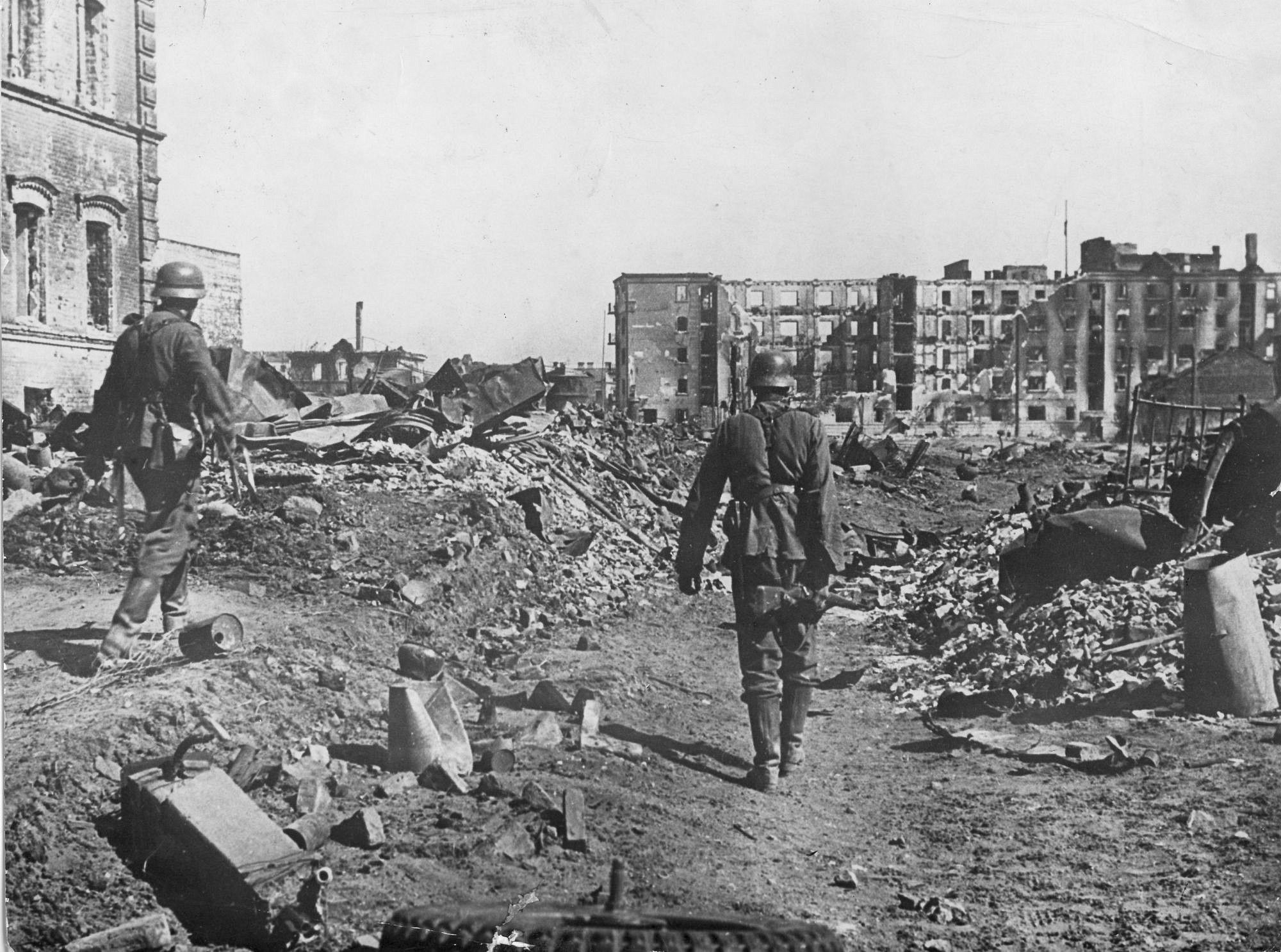
The carefully classified operation "Uranus" began on the morning of November 19, 1942. Soviet tank divisions broke through the fascist line of defense where Romanian soldiers held it. This choice was not accidental, because the Romanians had a weaker military training than the Germans.
Once in the rear of the Germans, tank units accompanying their trucks and motorized infantry, with a high speed for tanks, rushed to the German rear. After 4 days, the Red Army reached the crossing near the city of Kalach, where they met with their units that came out to meet. It is amazing how unexpected this blow was for the Germans. German soldiers who were on duty on the bridge gave him without a fight, as they accepted the Soviet troops for their own.
The three hundred thousandth grouping of German troops, under the command of Paulus, was in full environment. An important role was played by the fact that these days was poor visibility and German aviation, called the Luftwaffe, did not help the Nazis reflect the blow. Probably, the will play an even more important role to the victory of Soviet soldiers. The same units that took part in the Uranus operation were previously near Moscow, where the territories were liberated. These soldiers with their own eyes saw the consequences of how the Nazis mocked the civilian population.
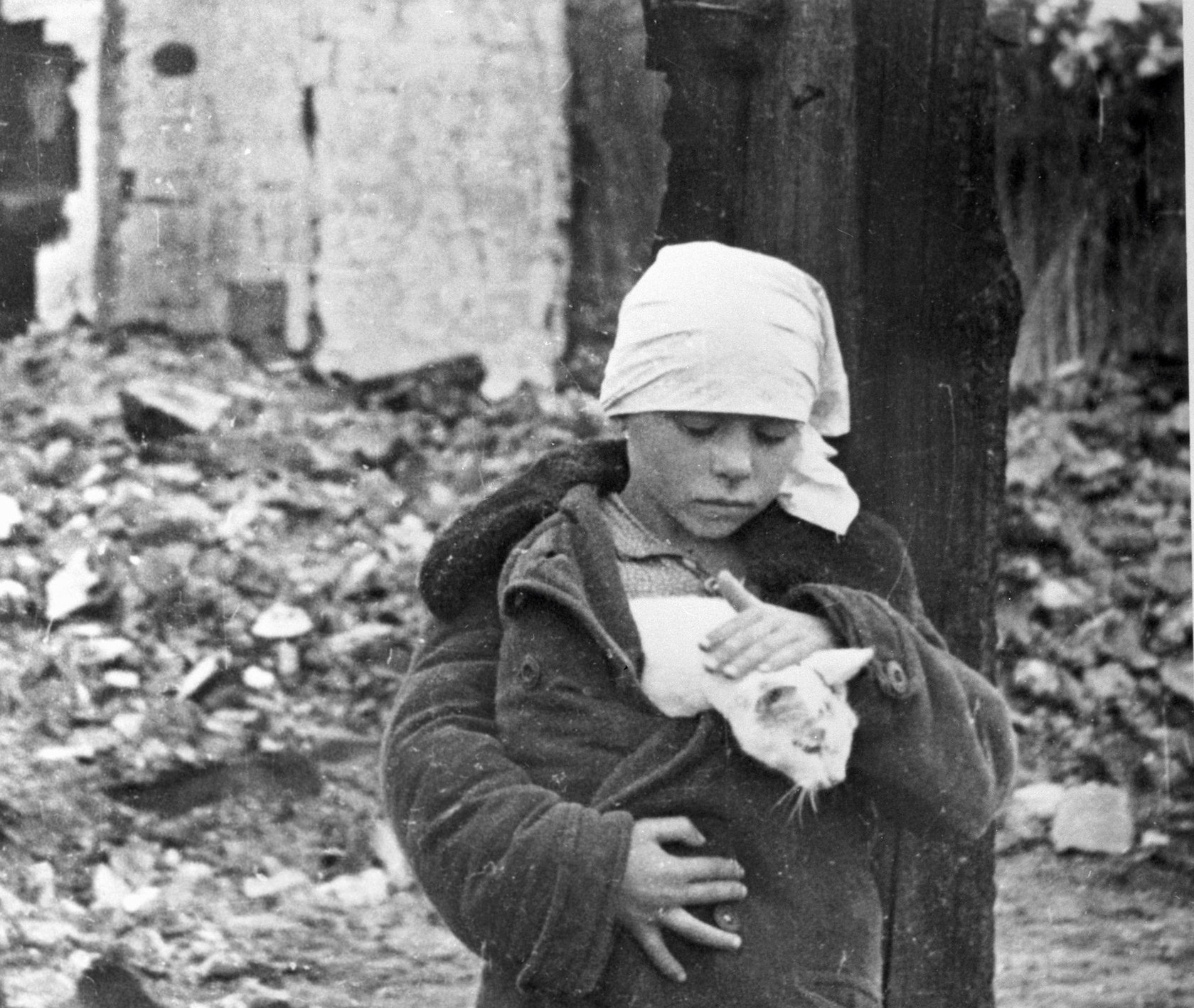
The surrounded army of Paulus had tanks and other military equipment, but due to the fact that the Red Army blocked the ways of supplying fuel, all this technique turned simply into a pile of scrap metal. Fascist soldiers suffered from lack of food, cold and constant shelling. The Germans tried to organize supply with the help of aircraft, but these supplies were categorically lacked. On the way back, planes took on board the soldiers. According to eyewitnesses, German soldiers simply stormed these planes, and some of them tried to fly away, climbing the wing.
Hitler forbade surrounded parts to give up, despite the fact that they were already in an absolutely hopeless position. And most soldiers of the Paulus army died.
The battle of Stalingrad was the first loud victory for the Soviet Union and the first major defeat for fascist Germany. It was this battle that became a turning point during the Great Patriotic War.
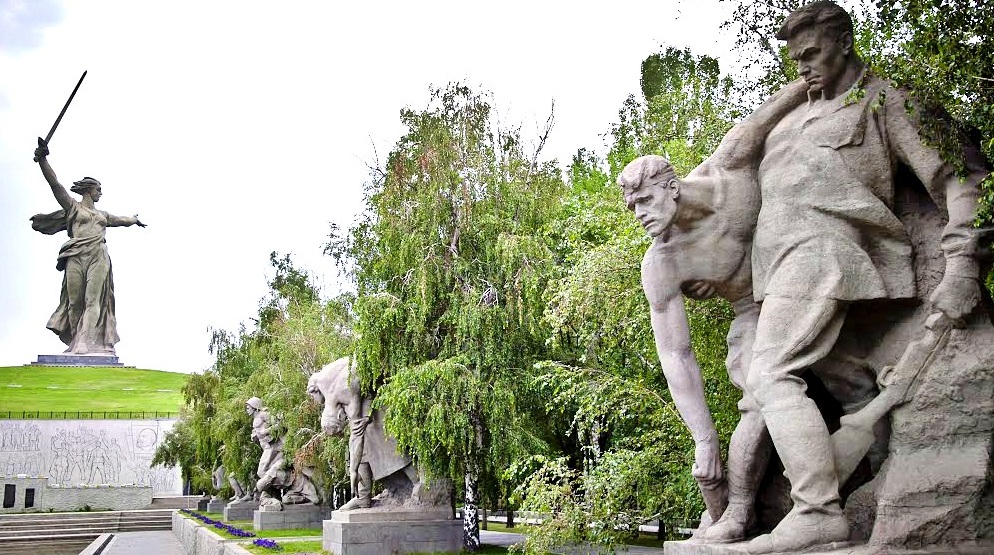
How to write an essay about the war?
The essay about the war can be written on its own behalf. It is necessary to write in such an essay about your relatives who were at the front during the war. Below is an example of an essay about grandfather who went through the war.
An example of an essay about war
I don't know what war is. I read books about her and watched films, but I have never seen it. My grandfather, who was at the front from 1941 to 1943, saw the war. And when he was wounded and he got into a military hospital, the doctors told him that he could no longer fight. And sometimes I ask him: "Grandpa, you were in the war, tell me about her." And he frowns and does not want to tell.
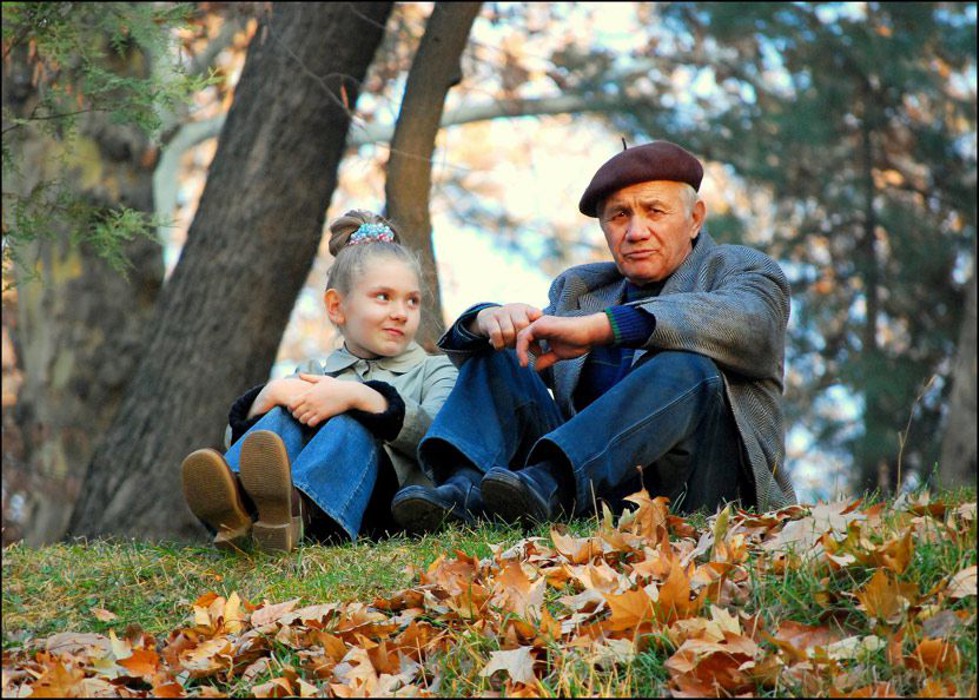
But, once, my grandfather nevertheless told me about the war. When the Great Patriotic War began, my grandmother and grandfather were very young. In those years there were almost no TVs, and all the news could be found on the radio or they were transmitted from the mouth to the mouth. They learned the terrible news about the beginning of the war from the messages on the radio.
No one wanted to believe that Hitler attacked the USSR. All people cried and did not know what they needed to do. And only very young children did not understand anything and continued to play their games. My grandfather was called up to the front by an ordinary soldier. He had seven days for fees and farewell to his family. And then the grandmother gathered all the products that were in the house in his duffel bag, and carried him to the station.
There was already a train, who was gathering recruits and their commanders into his cars. The farewell of relatives who did not know whether their husbands, brothers, fathers and children would return home very sad. Only the crying of women and children was heard on the platform. And the men tried not to cry, comforted women and promised to return home with victory.
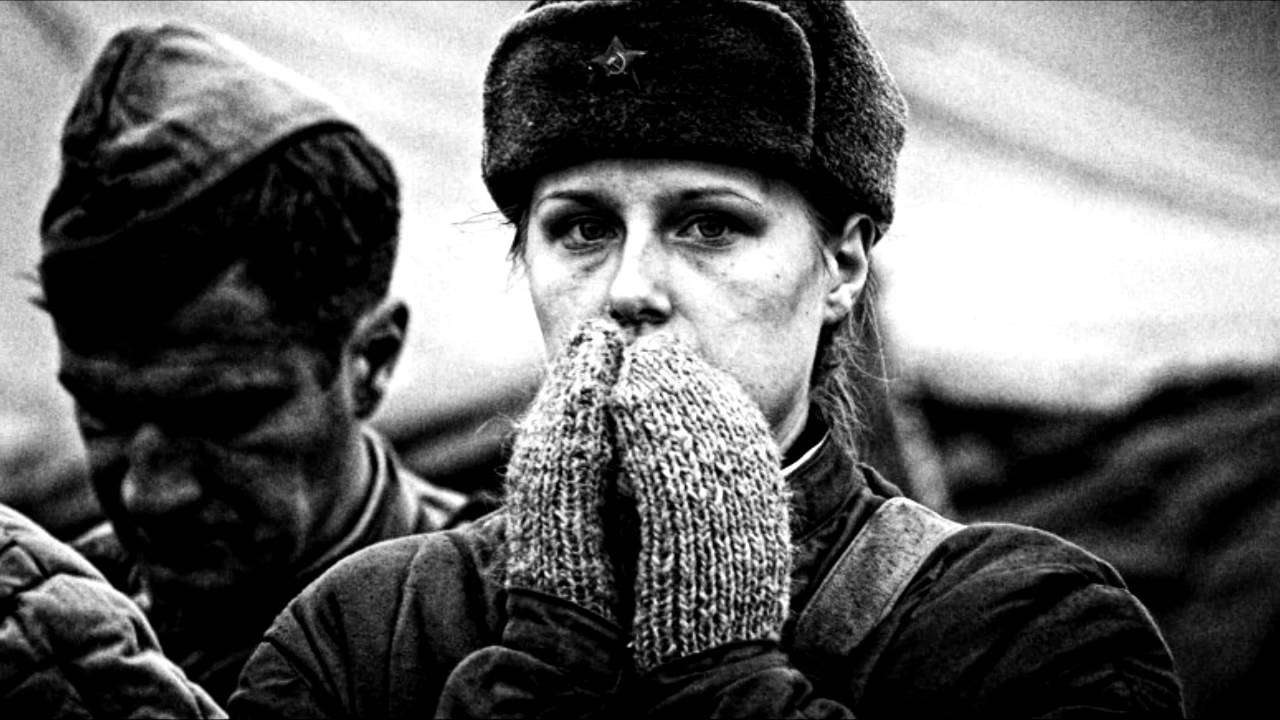
Finally, the train started, and people who lost their sense of reality remained on the platform. It seemed to everyone that they dreamed of a terrible dream and we need to wake up and everything would fall into place again. Thus began a new stage in the life of my grandfather and grandmother. My grandfather almost immediately hit the front line. He went through the whole war as an ordinary soldier and measured the distance from Moscow to Berlin with soldier's boots.
Sometimes he wrote letters home. And the soldier's mail brought her grandmother such rare and long -awaited letters from the front. She saved them, and now they are in the box, like a precious family relic. I read these letters. In them, grandfather wrote that everything is fine with him and does not need to worry about him, and that he would definitely return home.
And when he was injured and ended up in the hospital, he did not tell his relatives anything, did not want them to suffer because of him. He wrote about his wound only after he was recovering. And this letter with ink blurred from tears, I re -read my grandmother many times. This is what was written in this letter.
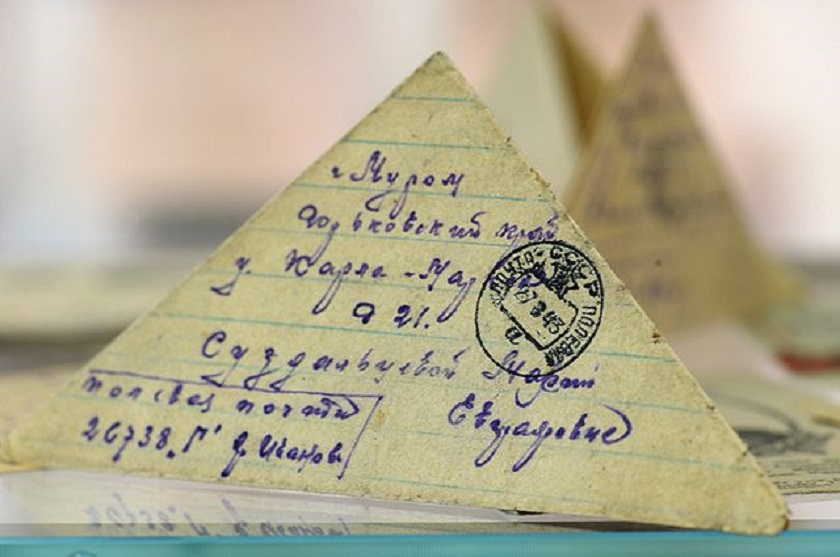
- A letter from the front from my grandfather
My dear wife and son, whom I have never seen. Everything is fine with me, I just got to the hospital with a slight wound. Here I have been here for three weeks, and soon they will be discharged and I will ask the command permission to leave home. I hope we will see you soon and I can hug you and kiss you. Now it’s spring outside and I don’t want to think about bad, you also believe that we will see you soon.
Today, when very many years after the war passed, we should not forget about the feat of our grandfathers and grandmothers, who face the enemies of our country. They were able to win and give us a happy childhood. I think we can be like them. To be the same courageous and honest, to live in our vast country.

